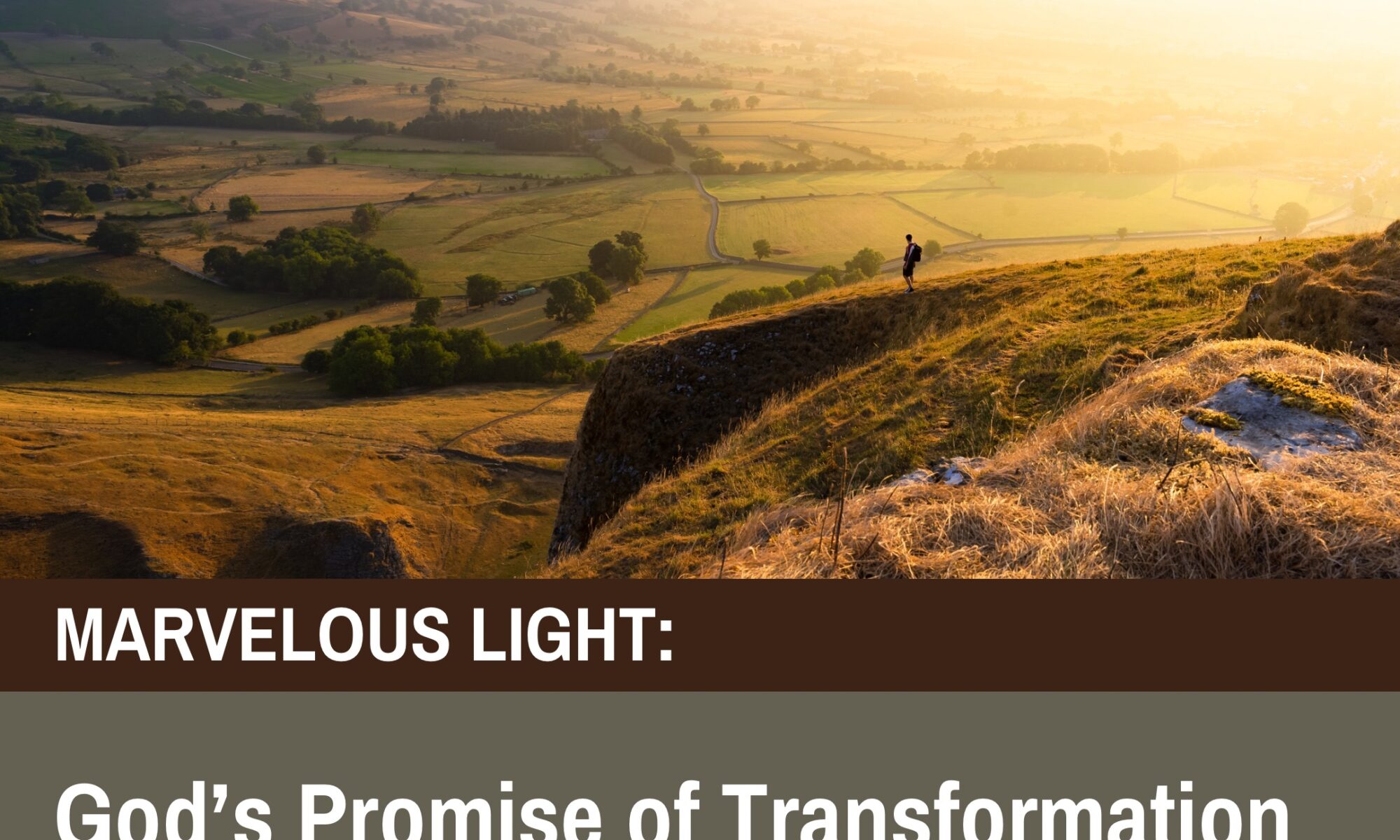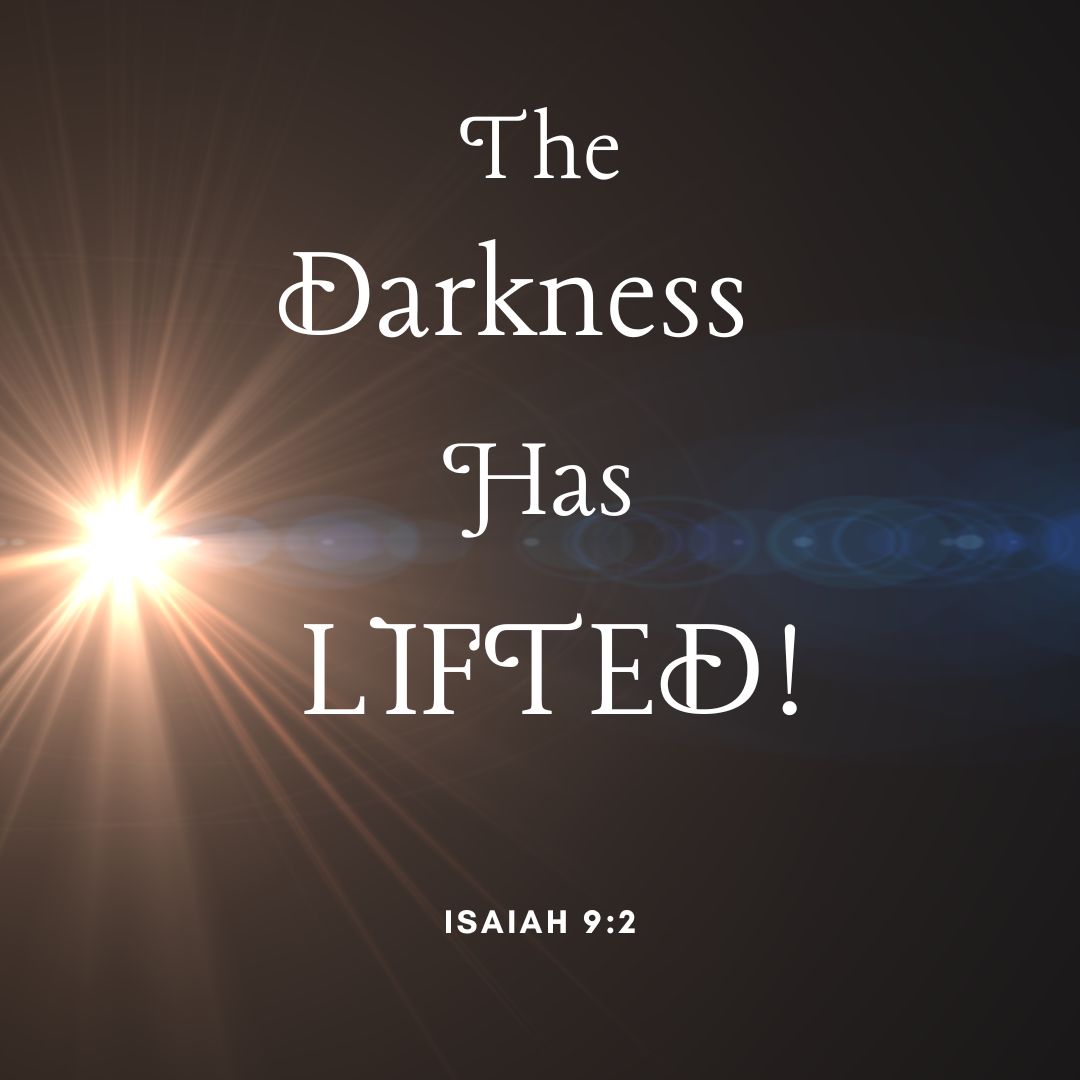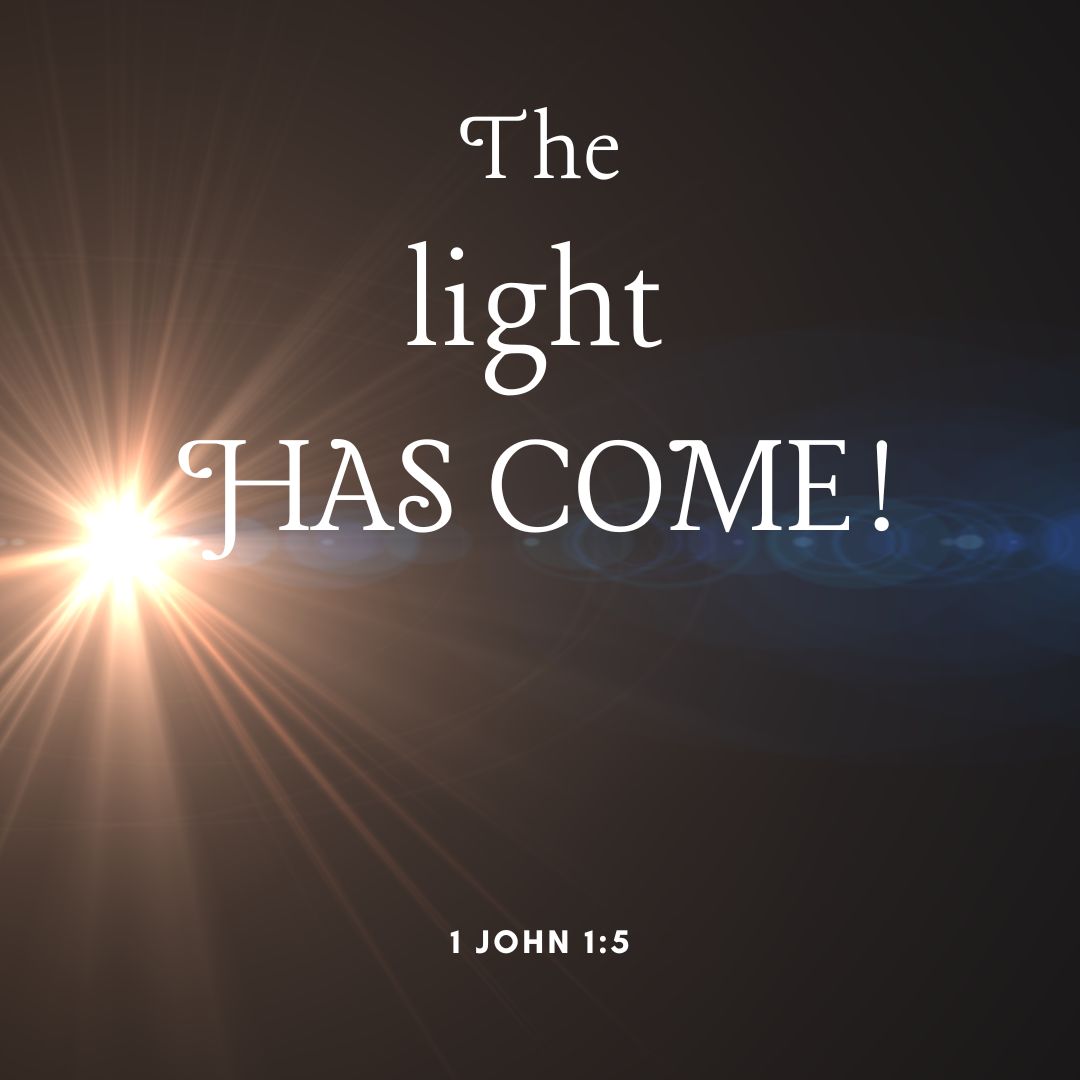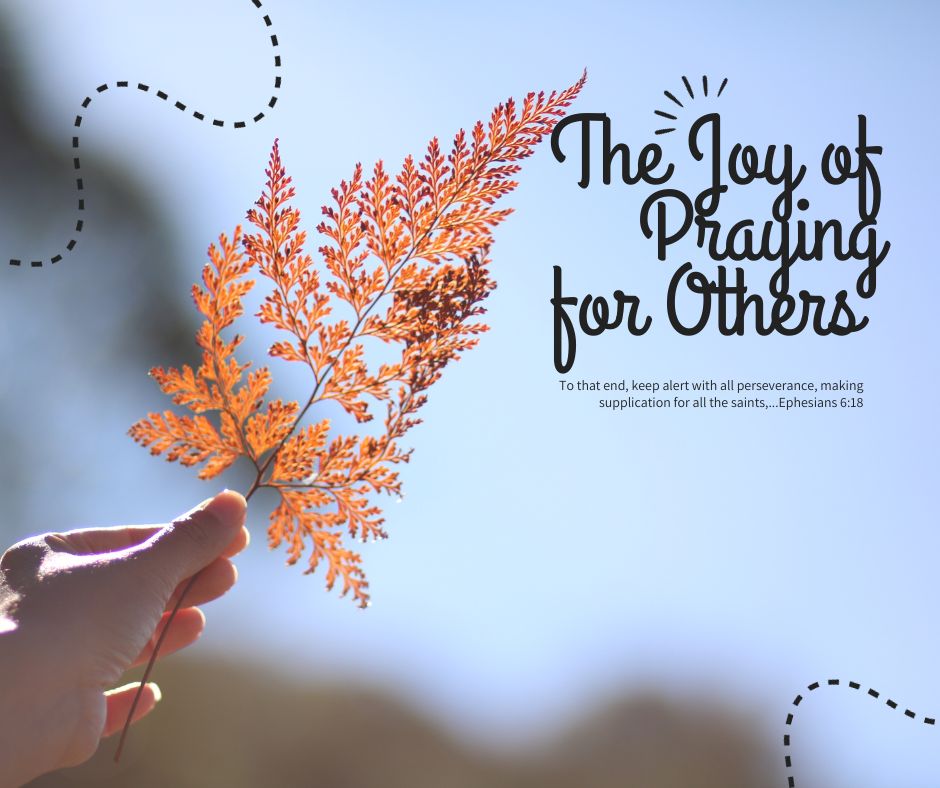But you are a chosen race, a royal priesthood, a holy nation, a people for his own possession, that you may proclaim the excellencies of him who called you out of darkness into his marvelous light.– 1 Peter 2:9
I enjoy sunsets as the colors that are painted are extraordinary but I also really enjoy sunrises as light pierces the darkness. Instead of a fading light, a sunrise is bright and grows from the birth of the morning.
Peter is writing about a new group who are made up of both Jewish Christians and Gentile Christians- the church. In his encouragement of directing them in their position in Christ, Holy- their purpose, as priests and their freedom- from darkness to his marvelous light.
1. Understanding Darkness
It is show in the Bible as Sin, separation from God, spiritual blindness, or hopelessness (John 3:19-21, Ephesians 5:8). The Bible tells us our life outside of Christ as lost or dead in our sins and trespasses. We are not only without direction, more so, we were headed in the wrong direction (Ephesians 2:1-3).
Have you ever felt stuck in a dark season of life?
Have you ever felt like you could not break free from sin?
We have this great news- Jesus has brought us out of darkness into his marvelous light.
2. The Call to Marvelous Light
God is the one who calls us out of darkness through His grace (John 8:12). We don’t initiate this, but God does. As we know his motivation is his agape love that he has for us (John 3:16). What Is Marvelous Light? It is God’s presence, truth, and the hope of salvation.
Just like actual like and darkness stand in contrast with one another, there is the stark contrast of God’s marvelous light with the darkness of sin. Some of those would be Salvation and sin. Forgiveness and guilt. New Life and bondage to sin
3. The Transforming Power of God’s Light
Notice the transforming power leads to this New Identity. What does this mean for believers today? It means that there is the transformation action for today and for eternity.
The transformation action for today means we are to live differently because of the Jesus. We are to be a light to this world (Matthew 5:14-16). This means we reflect Christ likeness as we are called to love our neighbors and even our enemies.
Transformation action for eternity means that this change will come fully complete one day. We are new creations in Christ (2 Corinthians 5:17). This means we have received and are receiving all that we need for eternity. He who began a work in us will bring it to completion at the day of Jesus Christ (Philippians 1:6).
4. Our Purpose in the Light
We are to reflect this truth, being brought into his marvelous light by reflecting him. Just like the moon reflects the light of the sun, we reflect God’s light through worship and testimony.
Worship is more than singing, but involves singing. D. A. Carson writes, Worship is the proper response of all moral, sentient beings to God, ascribing all honor and worth to their Creator-God precisely because he is worthy, delightfully so.”
We are reminded that obedient living is an act of worship to God (Romans 12:1-2). This means our lives are to reflect who Jesus and why he came.
The idea of reflecting the truth that we have been brought from darkness into God’s marvelous light because of Jesus, this means we proclaim this through our testimony. We are to be witnesses and to make disciples of Jesus (Matthew 18:19; Acts 1:8).
What are some ways you can grow in sharing your faith?
The Christians life is to be of worship and testimony as it points to the marvelous transformation that God has done in us and through us because of Jesus Christ.










